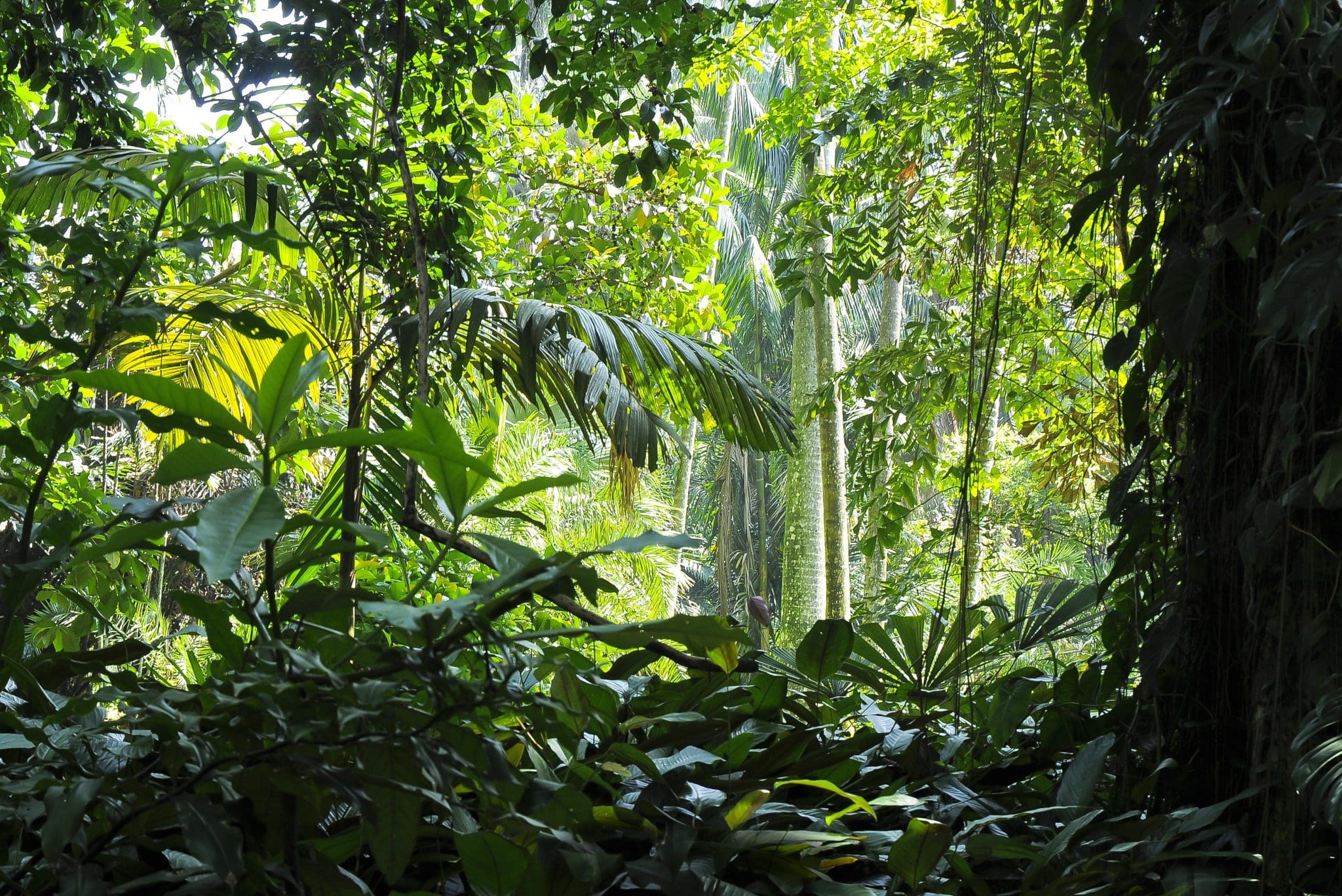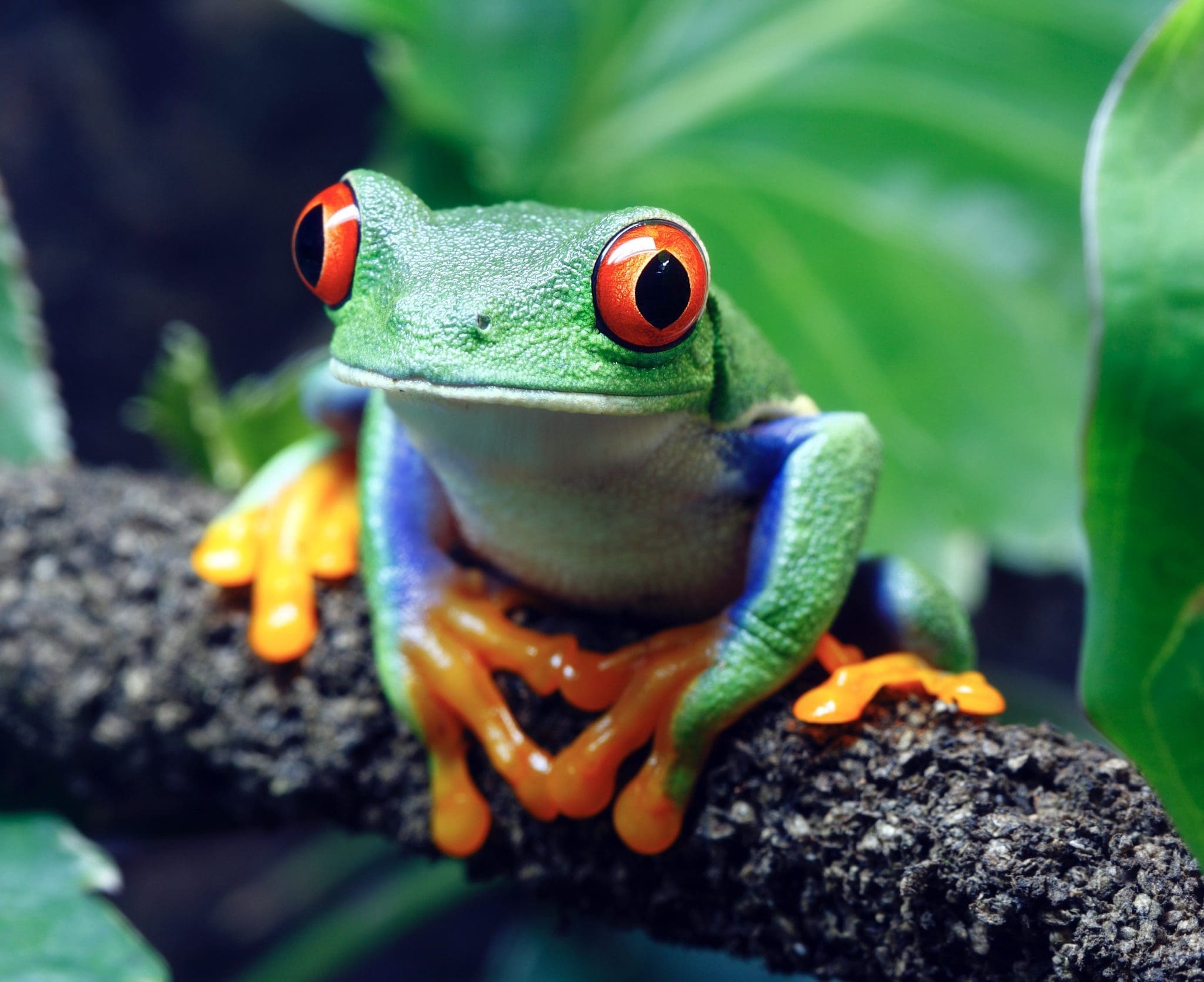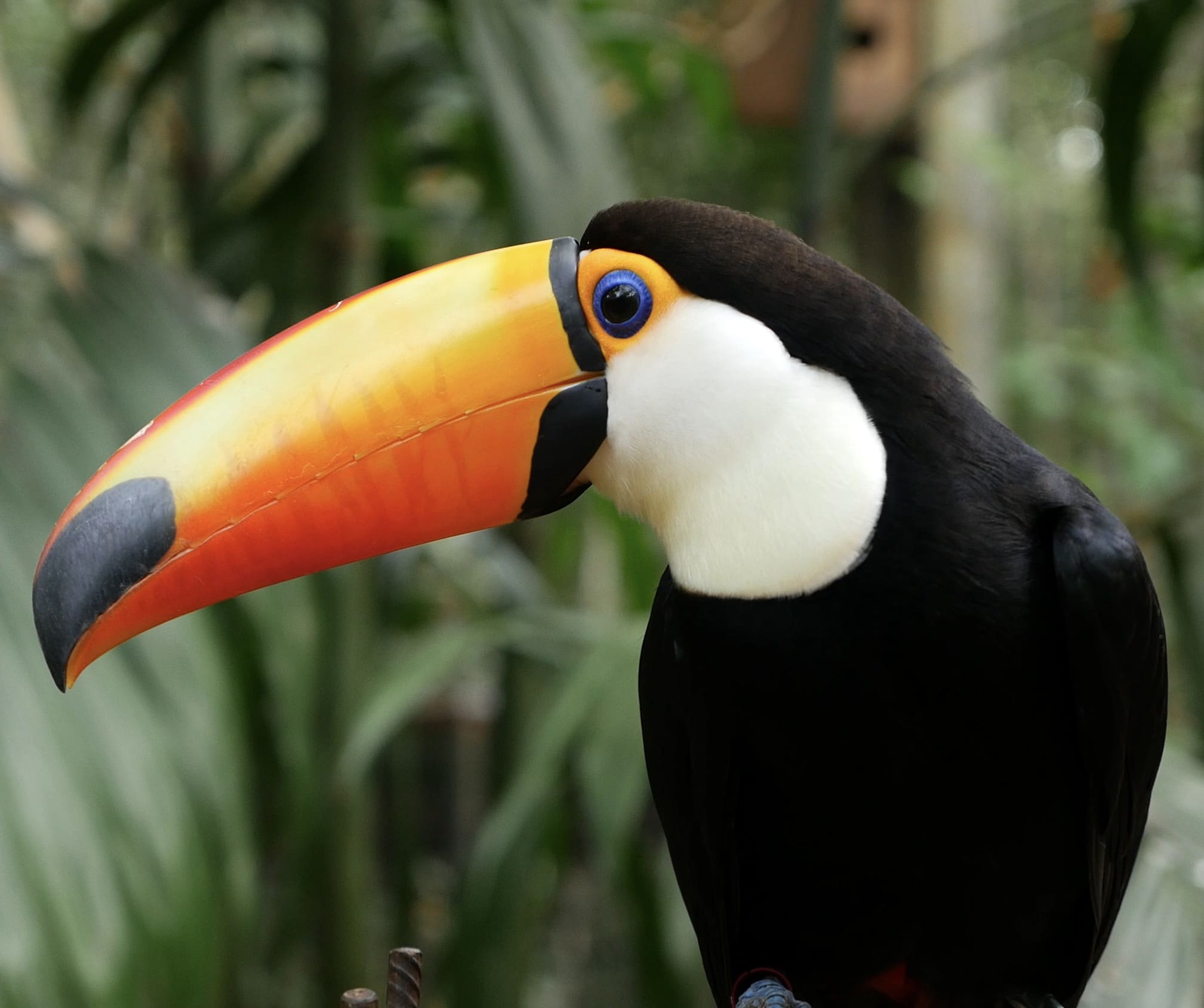How Plant-Based Foods Protect Our Rainforests

How Plant-Based Foods Protect Our Rainforests
Over the last century, more than half of the world’s rainforests have been destroyed. Approximately 20% of global greenhouse gas emissions are the result of deforestation, with an average of 28 million hectares of forest lost each year since 2016 (The World Counts, 2024a). This is the equivalent of 1 football field of forest lost every second of every day. The good news is: you can help stop this.
Based on current trends, the world’s rainforests will have disappeared by the end of this century, leading to the extinction of more than half of all the species on earth (The World Counts, 2024b). As rainforests play a vital role for life on earth, it is more important than ever to work together to protect this vital ecosystem.
One of the main reasons for deforestation is the production of livestock, which requires vast areas of land to meet the global demand for meat. At present, 80% of deforestation in the Amazon is happening to make room for cattle grazing. This is although 80% of global agricultural land is already being used for livestock (Global Forest Atlas, 2016; Ritchie & Roser, 2024)
What can you do about this? Eating less meat is the most effective way for individuals to reduce deforestation and the resulting greenhouse gas emissions. You can make an important contribution every day by choosing plant-based foods, especially instead of beef, and by serving and promoting plant-based foods to your customers.
More reasons to protect the rainforest include:
- Rainforests play a vital role in maintaining a healthy water cycle. The Amazon rainforest alone is thought to store over half of the earth’s rainwater (Rainforest Concern).
- Rainforests are home to more than 30 million species of plants and animals, many of which haven’t even been discovered! (Rainforest Concern).
- Rainforests help to keep the air clean by storing carbon dioxide and releasing around 20% of global oxygen into the atmosphere (National Geographic).
- Rainforest plants are used in various medicinal products and have even been found to help with the treatment of malaria, heart disease, pneumonia, and cancer (National Geographic).
- A specific rainforest mushroom is capable of consuming certain plastics and may help to reduce waste in urban landfills (National Geographic).


You can help to protect our rainforests simply by choosing more plant-based foods.
In order to create more appealing names for plant-based products, check out our Get Planty Name Generator.
References
The World Counts. (2024a). https://www.theworldcounts.com/challenges/planet-earth/forests-and-deserts/rate-of-deforestation
The World Counts. (2024b). https://www.theworldcounts.com/challenges/state-of-the-planet/when-will-the-rainforests-be-gone
Global Forest Atlas. (2016). Cattle Ranching in the Amazon Region.
Ritchie & Roser. (2024). https://ourworldindata.org/global-land-for-agriculture
Rainforest Concern. https://www.rainforestconcern.org/forest-facts/why-are-rainforests-important
National Geographic. https://education.nationalgeographic.org/resource/rain-forest/#
Recent posts
Plant-based is the future of foods for the climate
Get Planty Tips
The Health Benefits of Going Plant-Based
